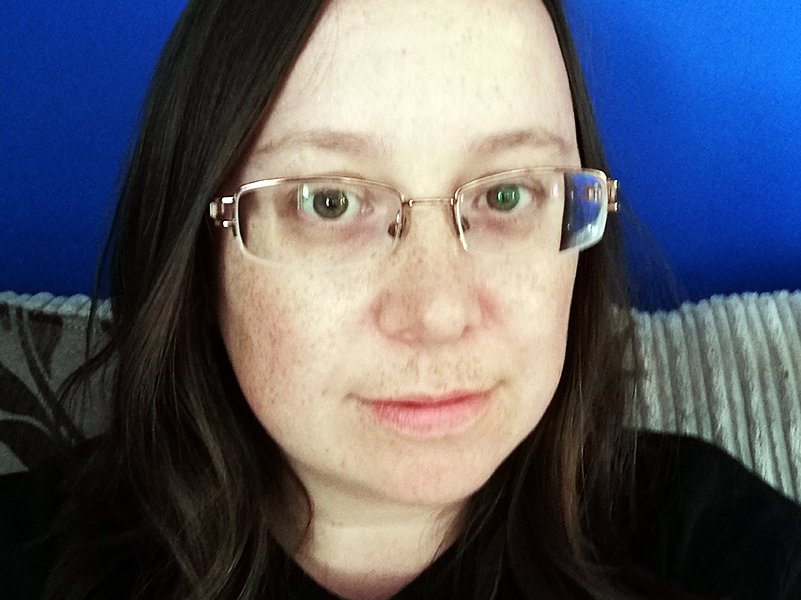Sarah-Jayne Dunn: it costs more to have less - why aren't we doing anything about this?
Being poor is more expensive than being rich. That concept baffles a lot of people, but it’s true.
It’s what many call the poverty premium. The fact that it costs low-income households more than others just to access essential services.
For those who work in a frontline service like the Citizens Advice network, this isn’t an abstract idea simply referenced in academic papers; it’s reality. I grew up in extreme poverty so I understand it only too well. It’s the reason why I got into money advice as a career and why I’m so passionate about it.
Citizens Advice Bureau (CAB) advisers see the poverty premium every day in the faces of the people who come to them for help. More often than not, these people are desperate, usually at a point of crisis where they have nowhere left to turn.
I recently heard about a woman who came to her local CAB in distress after falling into rent arrears and faced eviction - a result of a series of failures by systems that are meant to help her. It was a snowball effect. She experienced earnings arrestment for council tax, her Universal Credit was cut, and she was using her credit card to just stay afloat.
This is just one of thousands of examples where CABs across Scotland are acting as a backstop for systemic failure across the economy.
For a start there’s the credit market. People on low incomes often don’t qualify for low-interest financial products so are forced to use the more expensive high-interest options.
Then there’s the banking system. As banks continue to move away from our high streets, anyone who doesn’t live near a branch and isn’t tech savvy will have to travel to access basic services. If they’re lucky, there might be an ATM in their local area, but they might then face a £2 charge to simply access their money.
And then there’s the energy market, where people experiencing poverty or are on lower incomes often pay more for their energy due to the low energy-efficiency of their home. Many also pay when bills arrive rather than by direct debit (see above) which can result in a premium of £130 more per year.
This is how the cumulative effect builds up. Some estimates put the total poverty premium at an average of £500 per year.
If you’re struggling financially in Scotland today you get financially penalised for it. In other words, it costs more to have less.
So why don’t we explore solutions like more flexible banking and credit options or re-designing cash access infrastructure and actually help people who need support, not push more costs onto them? We’ve repeatedly called for a social tariff to be applied to all sectors, including the energy market, and for improvements in social security so that people have more money to begin with.
These ideas are not rocket science. They’re sensible, pragmatic and perfectly achievable, but only if ministers, regulators and institutions have the imagination and the will to achieve them.
The poverty premium shames us, yet it could be eliminated. Are we willing to do that, or will we just keep tolerating harm?
Sarah-Jayne Dunn is manager of the Financial Health team at Citizens Advice Scotland.







